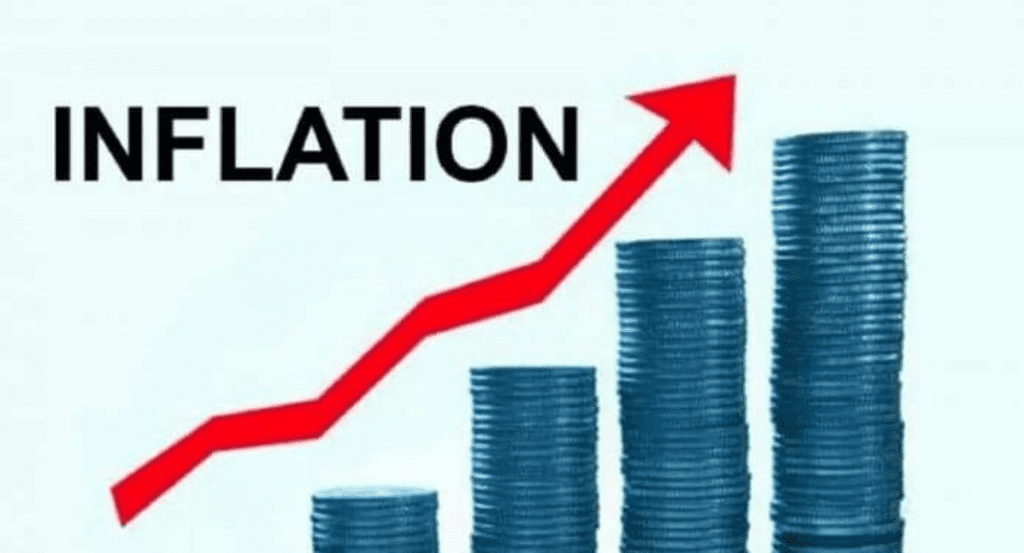Nigeria’s inflation rate has surged to a new high of 33.88% in October, reflecting persistent economic challenges fueled by rising energy costs and structural inefficiencies. The National Bureau of Statistics (NBS) released the alarming figure, marking an increase from September’s 32.91%.
Economists have attributed the surge to escalating energy prices, which have ripple effects across various sectors of the economy. The cost of petrol, diesel, and cooking gas has risen sharply, straining household budgets and increasing production costs for businesses.
Additionally, the removal of fuel subsidies earlier this year and the subsequent devaluation of the naira have exacerbated inflationary pressures. Food inflation remains a critical concern, with prices of staples such as rice, beans, and bread climbing steeply due to increased transportation and production costs.
Impact on Businesses and Households
The rise in inflation has created a challenging environment for businesses, particularly small and medium-sized enterprises (SMEs). Many businesses report difficulty maintaining profit margins due to higher operating costs. According to Nigeria Info, some companies have reduced operations, while others have shut down entirely.
For households, the soaring cost of living continues to erode purchasing power. Many Nigerians now struggle to afford basic necessities, as wages remain stagnant while expenses rise.
Economists warn that without targeted policy interventions, the inflation rate could climb even higher in the coming months. Speaking on the situation, a financial analyst highlighted the urgent need for government reforms to stabilize the naira and address inefficiencies in energy distribution.
The Central Bank of Nigeria (CBN) has been under pressure to take decisive action to control inflation. However, monetary policy measures such as raising interest rates have had limited impact, given the structural nature of the factors driving inflation.
Calls for Action
Experts have called on the government to prioritize investments in renewable energy and domestic production to reduce dependence on costly imports. Policymakers are also urged to address supply chain disruptions and ensure effective implementation of fiscal policies aimed at easing economic burdens.
As Nigeria grapples with these economic challenges, the need for a comprehensive strategy to combat inflation and revive economic growth has never been more urgent. For now, both businesses and consumers are bracing for further economic strain as inflationary pressures show no signs of abating.




















